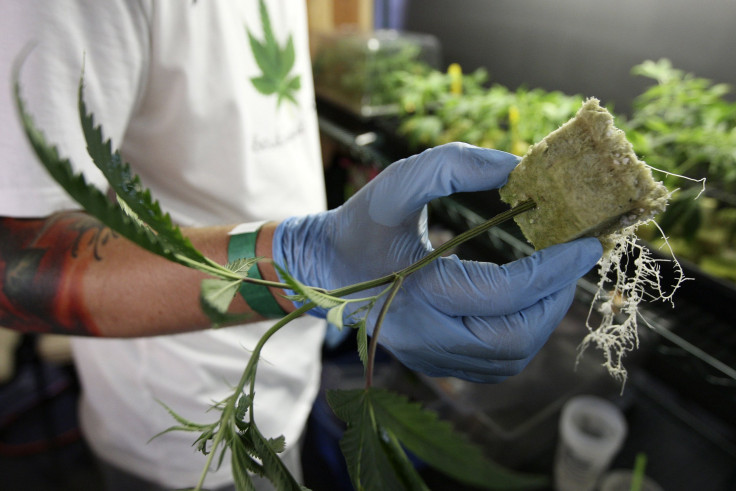Federal Medical Marijuana Measure Barring Justice Department From Interfering With State Pot Laws Passes Senate

The U.S. Senate Appropriations Committee voted on and approved Thursday an amendment designed to stop the federal government from interfering with state medical marijuana laws. The 20-10 vote mirrors an amendment in the House, which passed 242-186 in a vote last week.
Sen. Barbara Mikulski, D-Md., introduced the amendment -- which blocks the Justice Department and the Drug Enforcement Agency (DEA) from using funds to interfere with the implementation of state laws allowing for the cultivation, distribution and use of medical marijuana -- to the Senate version of the Commerce, Justice, Science and Related Agencies Appropriations Act. The amendment is nearly identical to the one that passed the House of Representatives, which was introduced by Rep. Dana Rohrabacher, R-Calif.
Many in the medical marijuana community were excited by the Senate Appropriations Committee's approval, suggesting that the similar language in both the House and Senate makes it likely that the amendment will be part of the final version of the spending bill. "This is another resounding victory for medical marijuana patients, their families and their care providers," said Dan Riffle, director of federal policies for the Marijuana Policy Project, in an emailed statement.
Tom Angell, chairman of Marijuana Majority, added that "with so many votes going our way these days, each new one gets less and less exciting. But that’s a good problem to have. We’re entering an era where marijuana reform is accepted as mainstream and not seen as controversial, and that’s exactly where we want to be. With this vote, it’s now clear that a growing bipartisan group of lawmakers in both chambers is ready to get the federal government out of the way of the effective implementation of state marijuana laws."
© Copyright IBTimes 2024. All rights reserved.





















